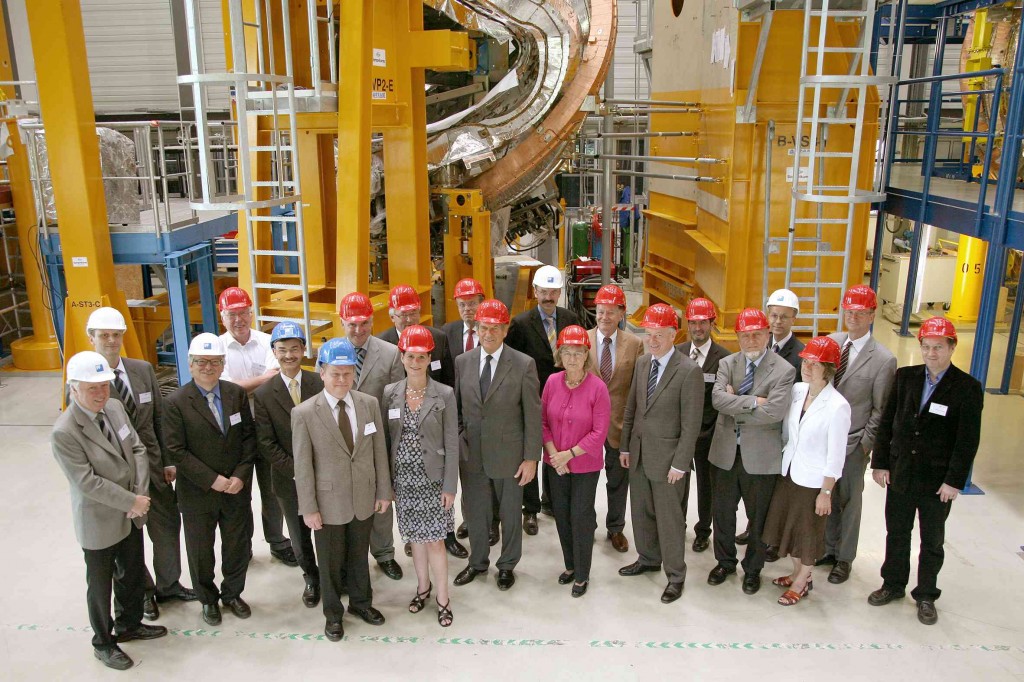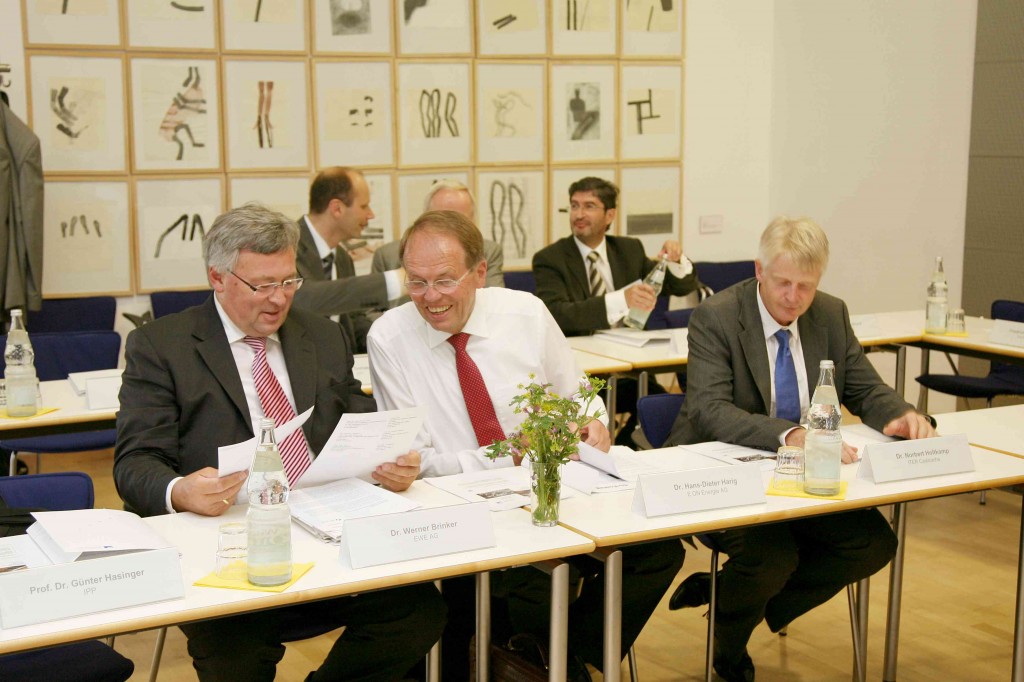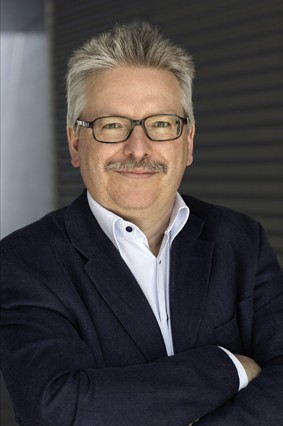Select your newsletters:
Please enter your email address:
@
Your email address will only be used for the purpose of sending you the ITER Organization publication(s) that you have requested. ITER Organization will not transfer your email address or other personal data to any other party or use it for commercial purposes.
If you change your mind, you can easily unsubscribe by clicking the unsubscribe option at the bottom of an email you've received from ITER Organization.
For more information, see our Privacy policy.




